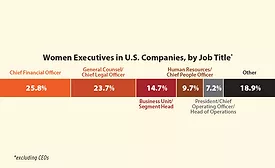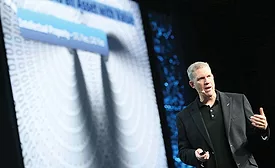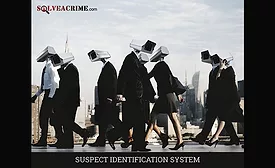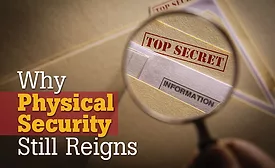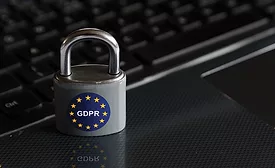Management
Is Armed Security the Key to Better Hospital Safety?
How Parkview Health is employing armed security officers to secure its facilities and reduce crime
May 9, 2018
Insider Threat: Why Physical Security Still Reigns
Cybersecurity gets much attention, yet physical security and investigations are still a key element in enterprise security, particularly with insider threats
May 1, 2018
Sign-up to receive top management & result-driven techniques in the industry.
Join over 20,000+ industry leaders who receive our premium content.
SIGN UP TODAY!Copyright ©2026. All Rights Reserved BNP Media.
Design, CMS, Hosting & Web Development :: ePublishing
